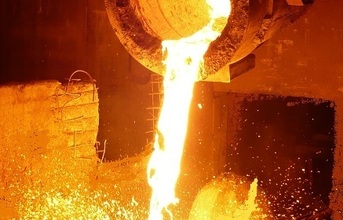
Picture for representation only
It was rumored recently that Chinese investors intended to acquire Global Foundries. If Chinese investors buy Global Foundries, TSMC will have one less tough competitors. As profit from mobile phone business drops, Memory has become main source of Samsung's profit. Moreover, Foundry makes meager profits or even losses, so Samsung will be more focused on Memory rather than Foundry. As to Intel, it has been groping in Foundry field with technologies that are the most advanced but not recognized by customers, showing that the most advanced is not necessarily the best.
It is very unlikely that Samsung will succeed in Foundry, as most of global electronics companies are direct or indirect rivals of Samsung, and no one will support its competitor for a long time. Furthermore, Samsung gets involved in legal battles with a large number of electronics companies over patent or other aspects, like patent dispute between the world's largest Graphic IC vendor NVIDIA and Samsung. NVIDIA only symbolically places orders with Samsung, but the number of orders to Samsung could be ignored, just a strategy for NVIDIA to bargain with TSMC, which is adopted by majority of electronic companies, especially during economic downturn, when they put more orders with TSMC.
In Foundry field, advanced technology doesn't always deliver good business performance. Take Global Foundries for example, technologically staying at same level with Samsung and IBM, Global Foundries recorded a widened net loss from US$900 million in 2013 to US$1.5 billion in 2015. EBITDA was much worse, down from US$1 billion in 2012 to more than US$400 million in 2014. EBITDA margin stood at only 11%, below the industry average.
END


























